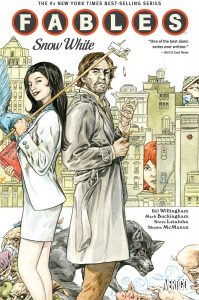 It’s funny, when you think about it a bit. Snow White has been a main character (arguably the main character; definitely top five all along) in the Fables series for the eleven years of its run that I have reviewed, and yet this is the first time Willingham has named a book after her. It was enough to make me wonder if he was running out of ideas, and… whether that’s a fair assessment or not, I am nearing the end of the series and its associated spinoffs both, brief research tells me.[1]
It’s funny, when you think about it a bit. Snow White has been a main character (arguably the main character; definitely top five all along) in the Fables series for the eleven years of its run that I have reviewed, and yet this is the first time Willingham has named a book after her. It was enough to make me wonder if he was running out of ideas, and… whether that’s a fair assessment or not, I am nearing the end of the series and its associated spinoffs both, brief research tells me.[1]
Anyway, the first bit of the book wraps up the stories of Bufkin and his barleycorn girlfriend Lily (from the Castle Dark arc), and the battle to free of Oz from one of the Emperor’s regional governors. It was… fine? Towards the end, I liked it quite a bit, but I definitely think it would have fit better at the end of a previous arc instead of the beginning of this one.[2]
Later, the story of a bro who shows up claiming to be Snow’s first common law husband, before even Prince Charming, which… my knowledge of the story of Snow White doesn’t precisely fit with her ever having met a man prior to the dwarves, much less pledged to marry one. Which makes the whole rest of what happened feel like this was an excuse to move some pieces around the board in very specific ways.
Don’t get me wrong, the sequence of events told a good story, and I still want to know what happens next, even as I’m left with difficulties envisioning that there has been much of anything left to happen next for quite some time. But the precipitating event here, I just can’t buy it, so everything else is at least slightly tainted.
Oh, well.
[1] I wouldn’t have opted to, but I also don’t own all of them, so I’d need to know what to buy regardless.
[2] Unrelated brief (semi-accidental) research here tells me most of these were at the ends of prior comics, but only collected together in graphic novel format here, all together. Which explains why they felt as odd as they did. I stick by my “end of a book instead of beginning of a book” assessment.
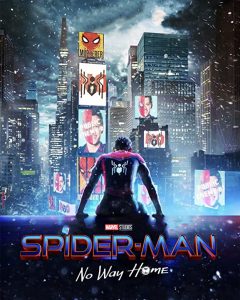 I would be remiss if I did not first point out that in addition to being otherwise fun and sans commercials, the Alamo Drafthouse pre-show is especially useful for movies that require recaps[1], because they can tell you everything you need to know and with mostly a bare minimum of spoilers involved. Although, because reasons, the
I would be remiss if I did not first point out that in addition to being otherwise fun and sans commercials, the Alamo Drafthouse pre-show is especially useful for movies that require recaps[1], because they can tell you everything you need to know and with mostly a bare minimum of spoilers involved. Although, because reasons, the 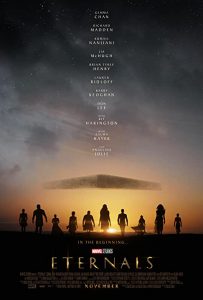 Retroactive continuity is a tool honed to perfection in two art forms[1]: soap operas and superhero comic books. These forms share a lot else in common. They are a) both extremely long-form storytelling where b) the people writing today do not have a plan past the next ten or twelve episodes at the most, c) they both have cliques of characters that mostly hang out together but occasionally cross over with other cliques, and even more rarely all come together for some kind of huge event, and they both d) have dedicated, opinionated fanbases who have stuck around for decades but e) are written so that someone can drop in at practically any moment and be able to catch up.
Retroactive continuity is a tool honed to perfection in two art forms[1]: soap operas and superhero comic books. These forms share a lot else in common. They are a) both extremely long-form storytelling where b) the people writing today do not have a plan past the next ten or twelve episodes at the most, c) they both have cliques of characters that mostly hang out together but occasionally cross over with other cliques, and even more rarely all come together for some kind of huge event, and they both d) have dedicated, opinionated fanbases who have stuck around for decades but e) are written so that someone can drop in at practically any moment and be able to catch up.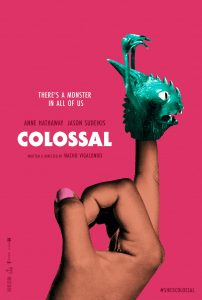
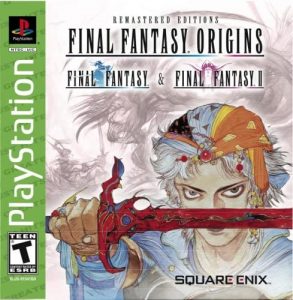 Sixteen years ago, somehow, I played
Sixteen years ago, somehow, I played 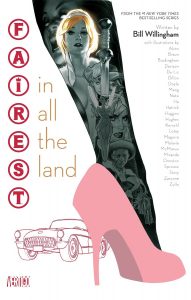
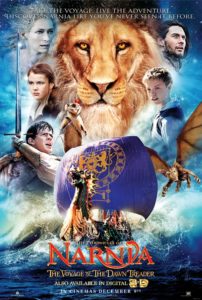 After recently rewatching the other two Narnia movies[1], I have now proceeded to watch for the first time
After recently rewatching the other two Narnia movies[1], I have now proceeded to watch for the first time  So, I got HBOMax, finally. This is good, as there are a pile of shows I want to watch, and bad, as where will I find the time? But the tipping point, of course, was the release of
So, I got HBOMax, finally. This is good, as there are a pile of shows I want to watch, and bad, as where will I find the time? But the tipping point, of course, was the release of 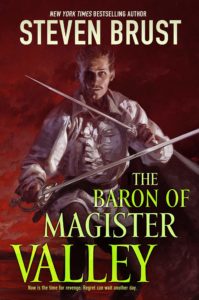 It has taken me over three months to read
It has taken me over three months to read 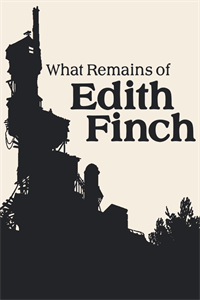 I played another entire game over the past few days. This is so so weird. (Which I say every time I finish a game, I know. But it is! Especially relative to how long it’s been since I finished a book[1].)
I played another entire game over the past few days. This is so so weird. (Which I say every time I finish a game, I know. But it is! Especially relative to how long it’s been since I finished a book[1].)